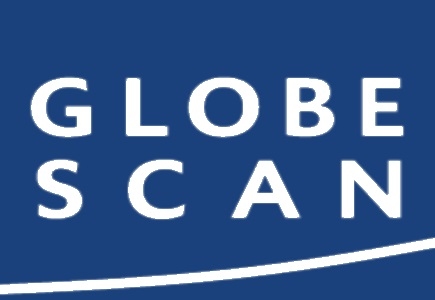
A new international study conducted by Toronto-based Globescan reveals some interesting results, claiming that just 1 percent of South Africans are problem gamblers, while around 3 percent of them are labeled as "moderate" potential risk players.
Reportedly, the study’s results show that South Africa’s National Responsible Gambling Programme (NRGP) is a global leader for effectively promoting responsible gambling, even though it spends less money on the initiative than its counterparts in Britain, New Zealand and Canada.
It appears that South African land casinos are visited mostly for recreation, relaxation at shows and restaurants, and less for gambling. It has been revealed by Responsible Gambling spokesperson Carol Knoetzer that the organization offered round-the-clock advice to troubled gamblers, and a toll-free line.
She added: "The incidence of problem gambling in South Africa has remained stable since 2005. This is consistent with the developing world but below that of South Africa’s Asian counterparts.
“The number of those who score as high risk of problem gambling was in the region of 1 percent in 2011. These are people for whom gambling is an addiction which they cannot easily control and who, like other addicts, often do significant harm to themselves and others.
“A somewhat larger proportion of the population, probably from 3 percent to 4 percent, are at moderate risk of gambling problematically; people who, with varying degrees of frequency, gamble more than they can afford to and run the risk that their gambling may cause problems in their lives.”
What seems to be the secret of the NRGP’s success in South Africa is the sound and coherent planning from the start, the collaborative nature of stakeholder relations instead of hostility between the gambling industry and the NRGP, and the success of its public awareness campaign.
It is observed in the report that “The absence of conflict between the industry, regulators and government is positive. South Africa’s program, while being more effective, also offers the most cost-effective option.
"South Africa spends $2 million (R19.5 million) in comparison with $18 million in New Zealand, $7 million in Britain and a hefty $85 million in Canada. In return, South Africa’s NRGP provides a comprehensive programme of treatment, prevention, training, a national schools programme and research.
“Britain, for example, was found to deliver fewer services, engages in very little prevention and public awareness work and funds very little research that could be used to formulate appropriate preventative measures or good public policy.”
Furthermore, the study finds that in South Africa there was a noticeable absence of "...vested interests attempting to hijack the programme, management and structure," and that this ensured the "...cost-effectiveness of activities."
At the same time, it refers to the NRGP as independent and "honest in its dealings with both media and government,” revealing that its messages to the public are credible, that it uses research to inform best practice in prevention and treatment; practices good information-sharing and collaboration among service providers; establishes sound relations with the media and peer review and evaluation.
The only potential flaw pointed out by Globescan is addressing internet and social media gambling.
On the other side, NRGP chairman Vincent Maphai revealed that potential problems that could arise from online gambling in South Africa are being researched.





